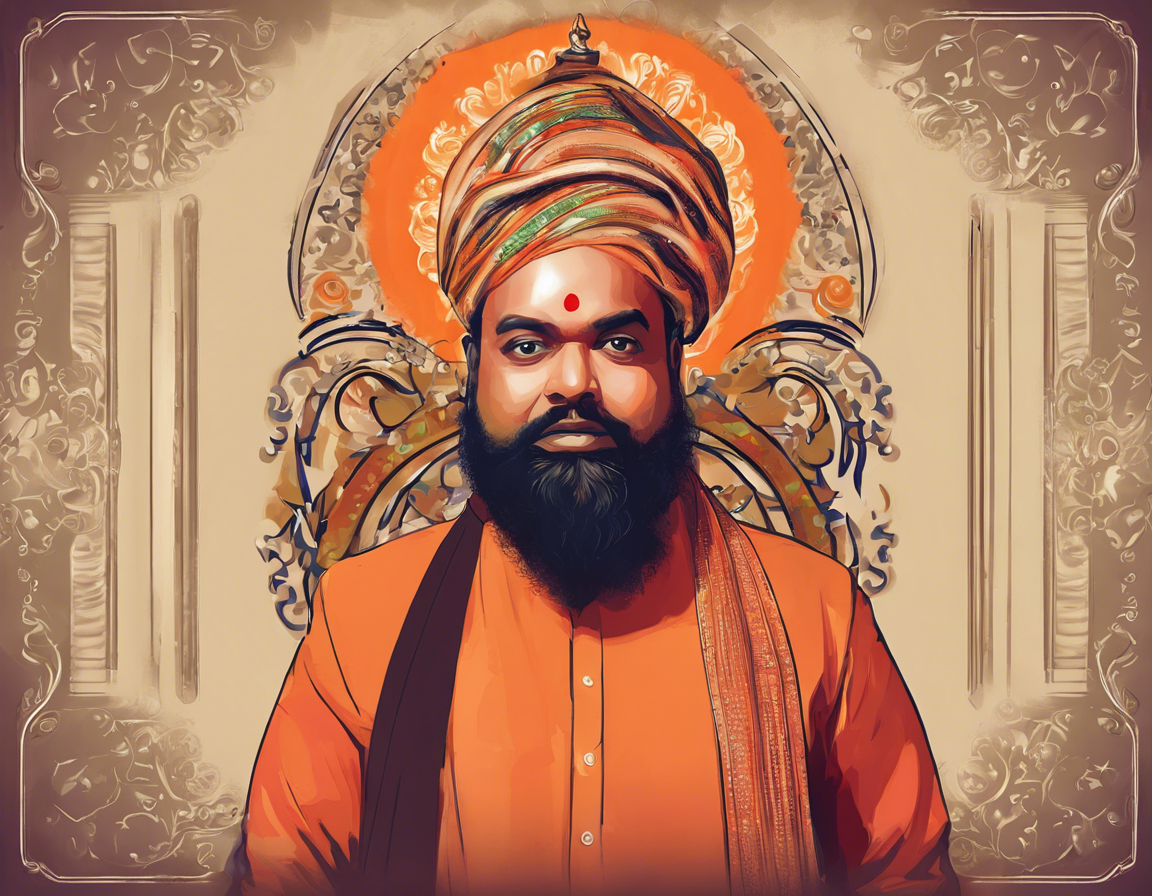Swami Prasad Maurya, a prominent political figure in India, has had a remarkable journey marked by ups and downs, challenges, and victories that have shaped his political career. From humble beginnings to a key player in the political landscape, Maurya’s rise to political prominence is a fascinating tale of perseverance, strategic maneuvers, and ideological evolution.
Early Life and Background
Swami Prasad Maurya was born on May 17, 1963, in Prayagraj, Uttar Pradesh, in a middle-class family. His early life was marked by struggles and hardships, but he exhibited a keen interest in social issues and politics from a young age. Maurya’s commitment to social justice and empowerment of marginalized communities laid the foundation for his future political endeavors.
Entry into Politics
Maurya’s foray into politics began in the 1980s when he joined the Bharatiya Janata Party (BJP), a right-wing political party in India. With his grassroots connect and dynamic leadership, he quickly rose through the ranks within the party. His ability to mobilize support at the grassroots level and articulate the party’s agenda made him a formidable force in Uttar Pradesh politics.
Role in BJP and Resignation
As a prominent leader in the BJP, Maurya served in various capacities, including as a Member of the Legislative Assembly (MLA) and as the Leader of the Opposition in the Uttar Pradesh Legislative Assembly. However, differences in ideology and approach led to his resignation from the BJP in 2016.
Formation of Jan Adhikar Party
In the same year, Maurya founded the Jan Adhikar Party (JAP), a political party committed to social justice, empowerment of marginalized communities, and inclusive development. The formation of JAP marked a significant turning point in Maurya’s political career, as he carved a niche for himself as a champion of the oppressed and downtrodden.
Political Ideology and Vision
Swami Prasad Maurya is known for his strong advocacy of social justice, equality, and empowerment of backward classes and communities. His ideology revolves around inclusive growth, welfare schemes for the poor, and empowerment of women and marginalized sections of society. Maurya’s vision for a prosperous and equitable society resonates with a wide cross-section of the population, making him a popular leader in Uttar Pradesh.
Electoral Success and Impact
Maurya’s political journey has been marked by electoral successes and significant impact on the political landscape of Uttar Pradesh. His ability to connect with the masses, articulate their concerns, and work towards their welfare has earned him a dedicated following and electoral victories. Maurya’s influence extends beyond electoral politics, as he continues to be a voice for the marginalized and a crusader for social justice.
Challenges and Controversies
Like any other political figure, Swami Prasad Maurya has faced his share of challenges and controversies. From internal party dissent to external criticism, Maurya has weathered many storms in his political career. However, his resilience, determination, and unwavering commitment to his principles have helped him overcome obstacles and emerge stronger.
Future Prospects
As Uttar Pradesh gears up for the upcoming state elections, Swami Prasad Maurya’s role and influence in shaping the political discourse cannot be understated. His proven track record, mass appeal, and commitment to social welfare make him a formidable player in the state’s political arena. The future holds immense possibilities for Maurya, as he continues on his mission to create a more just, equitable, and prosperous society for all.
Frequently Asked Questions (FAQs)
1. What are Swami Prasad Maurya’s key political achievements?
Swami Prasad Maurya has been instrumental in championing the cause of marginalized communities, empowering the poor through welfare schemes, and advocating for social justice and equality.
2. Why did Swami Prasad Maurya resign from the BJP?
Differences in ideology and approach with the BJP leadership led to Swami Prasad Maurya’s resignation from the party in 2016.
3. What is the Jan Adhikar Party’s ideology?
The Jan Adhikar Party, founded by Swami Prasad Maurya, revolves around principles of social justice, empowerment of marginalized communities, and inclusive development.
4. How has Swami Prasad Maurya impacted Uttar Pradesh politics?
Swami Prasad Maurya’s influence on Uttar Pradesh politics has been significant, with his ability to connect with the masses, champion their causes, and work towards their welfare.
5. What is Swami Prasad Maurya’s vision for Uttar Pradesh’s future?
Swami Prasad Maurya envisions a prosperous, equitable society in Uttar Pradesh, with inclusive growth, welfare schemes for the poor, and empowerment of women and marginalized communities at the forefront of development initiatives.
